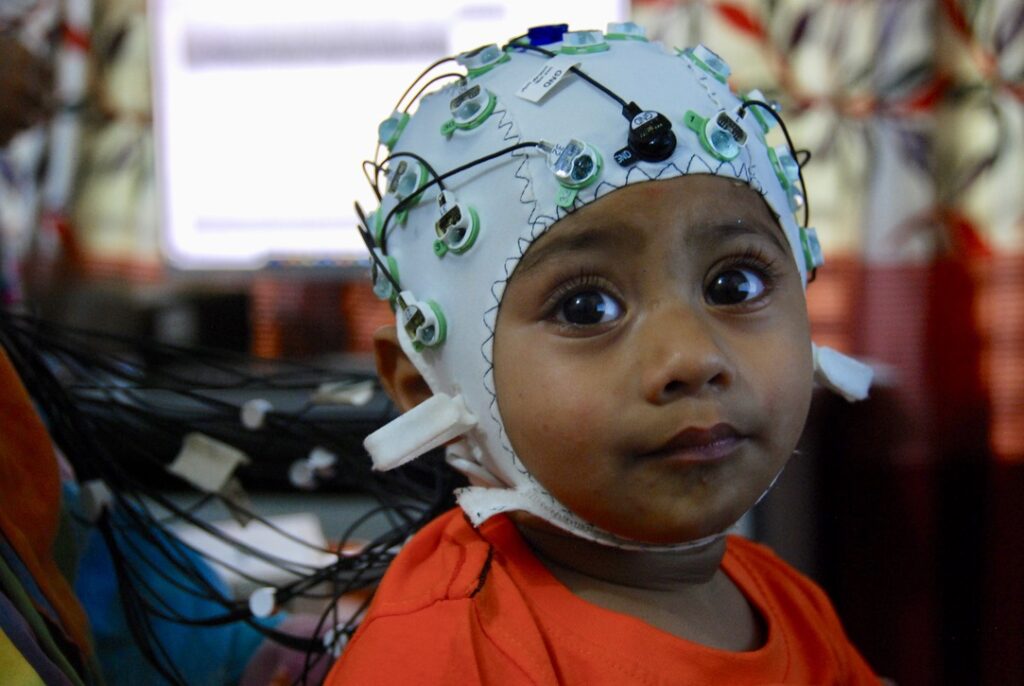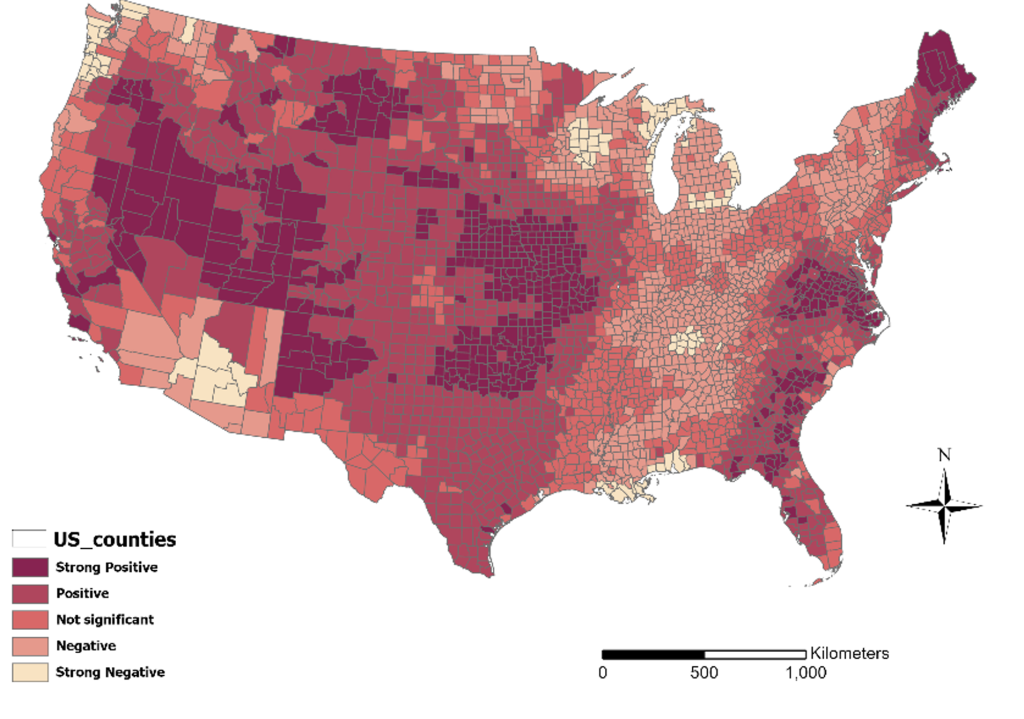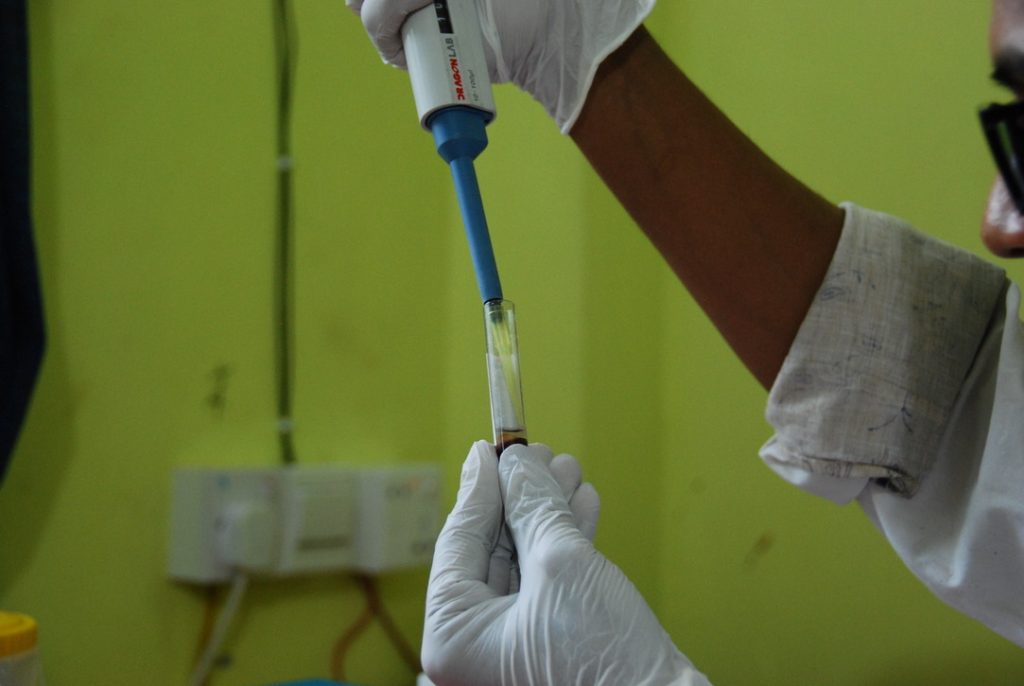Funded by the University of South Carolina ASPIRE I grant
Children living in Liberia face considerable adversity which can negatively impact their health, development, and overall wellbeing. Helping caregivers improve the knowledge and skills needed to support their child’s emotional, physical, and cognitive development, and provide children with nutrient-rich foods, is crucial for enabling children to reach their full potential. This study tests the feasibility and acceptability of an integrated intervention that promotes psychosocial stimulation and improved child feeding by the provision of eggs and fish built onto the existing government health system.
Funded by the University of Melbourne and the National Health and Medical Research Council of Australia
Iron deficiency and anemia have been associated with poor cognition in children, yet the direct effects of iron supplementation on neurocognition remain unclear. In this study, we compare the effects of supplementation with iron syrup and iron-containing multiple micronutrient powders (MNPs) versus placebo on neural indices of habituation and resting state brain function using electroencephalography in Bangladeshi children.

Funded by the Thrasher Research Fund
Universal distribution of iron to young children (either as iron-containing Multiple Micronutrient Powders – MNPs, or iron supplements e.g. drops) is recommended by the World Health Organization in areas where anemia is prevalent, but these interventions have been linked to increased risk of diarrhea and pathogenic shifts in the microbiome. Intestinal iron fractional absorption is determined by host iron and inflammatory status mediated by the iron regulatory hormone hepcidin. Studies to examine the influence of hepcidin on the benefits and risks of iron supplementation in various forms are needed to inform public health interventions. In this study, we use data from the Benefits and Risks of Iron Supplementation in Children (BRISC) trial in Bangladesh to examine whether children’s response to iron and MNP supplementation depends on baseline hepcidin levels.

Funded by the Burroughs Wellcome Fund
Global climate change poses widespread potential negative health effects. Children are a particularly vulnerable population given that the first few years of life, including prenatally, is a critical period for physical and brain development that sets the foundation for lifelong learning, health, and well-being. Poor child health and development may be exacerbated by extreme weather events, which threaten to disproportionately affect children already at risk of suboptimal health.This study will use a multi-level longitudinal design with big data methods to investigate the impact of climate change on USA-based pediatric development over the past two decades.

Funded by the Bill and Melinda Gates Foundation
Growth monitoring is the process of following the growth of children by periodic, frequent anthropometric measurements that are compared to an appropriate standard to assess the adequacy of the child’s growth.The goal of this study is to re-examine the use of growth monitoring and promotion to address child health and development.

Funded by the USC Big Data Science Center Pilot Program Grant

